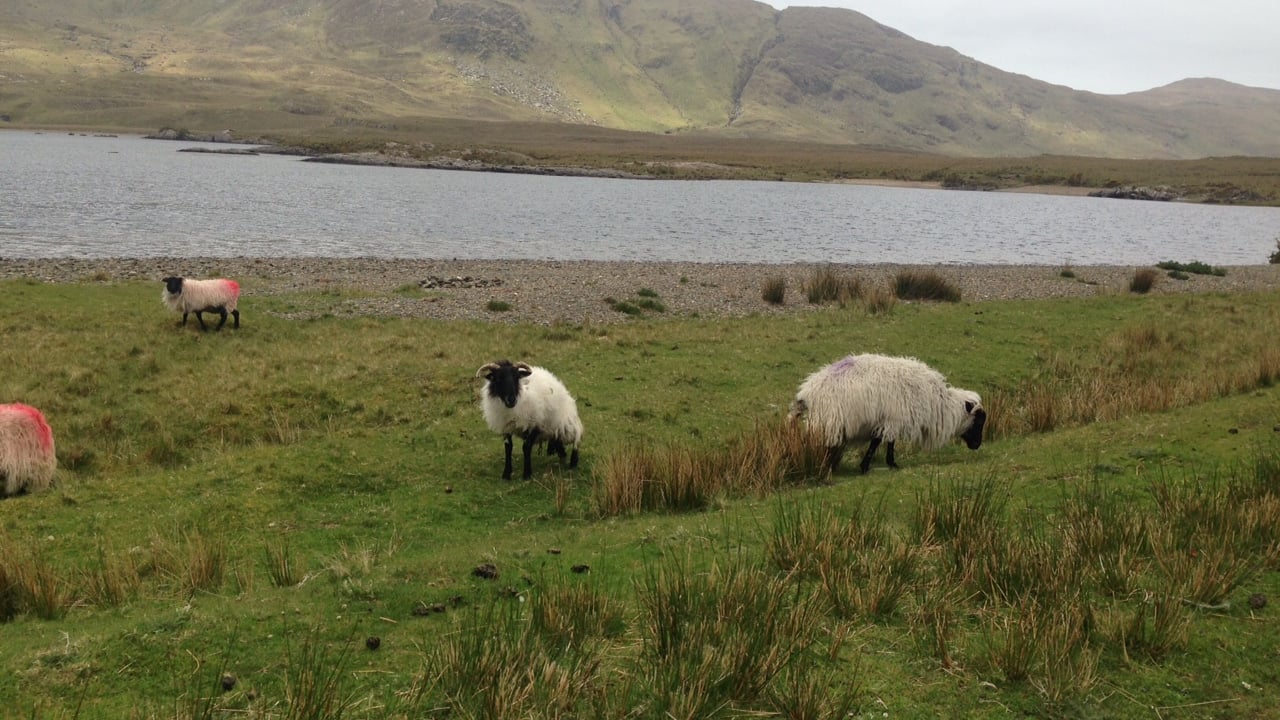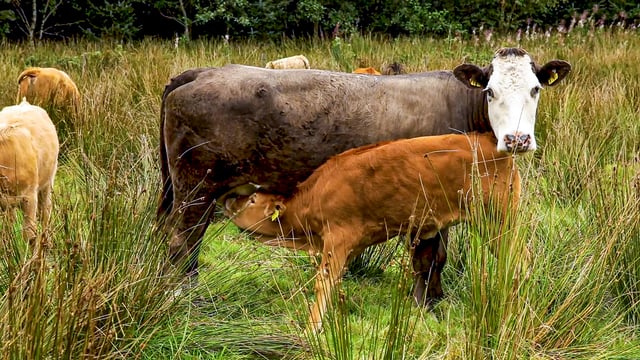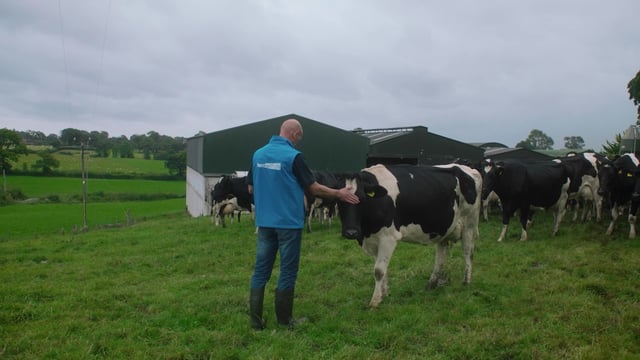ACRES: Farm plans for small commonages cause fresh concern
A further issue for the under-fire Agri Climate Rural Environment Scheme (ACRES) seems to have arisen in relation to farm plans for commonages under 10ha.
The Department of Agriculture, Food and the Marine has, in the last week, informed farmers who have shares on commonages under 10ha that their advisors will have to complete a Commonage Farm Plan (CFP).
In a letter to one farmer, dated Monday, February 17, the department said farmers must contact their advisors to complete these plans (in accordance with a plan template on the department website) and submit them through the AgFood system by May 15.
This is the same deadline for submissions of applications under the Basic Income Support for Sustainability (BISS) and related Pillar I measures under the Common Agricultural Policy (CAP).
A subsequent ACRES circular issued to advisors, dated Tuesday, February 18, said that, following an assessment of all ACRES commonage parcels by Co-operation Project (CP) teams, it was determined that a number of parcels, that were under 10ha, did not require scoring.
However, the circular said that these commonages require CFPs, to be developed by the advisor, with separate CFPs needed for each parcel of commonage.
The circular said: "Please note that failure to submit a CFP for the parcels concerned may lead to delays in ACRES payments and/or rejection of the action in question".
While CFPs for these commonages are part of the terms and conditions of the scheme, the timing of the department request, so close to the BISS deadline, is leading to concerns over the workload involved for advisors.
It is understood that this is the first year of the scheme that the department has explicitly requested CFPs for these commonages.
Speaking to Agriland, Co. Kerry-based advisor Louis Murchan said: "All of a sudden, we are being told that any ACRES commonage under 10ha have to have a CFP done, and they have to be done by May 15, which is a deadline coinciding with the largest and most important national deadline, which is the BISS deadline.
According the Murchan, the CP teams have already assessed commonages in most areas.
"Most of these small commonages are attachments to those commonages, so they are the exact same, yet we have to go out and do these assessments all of a sudden. We had no notification of it.
He also said that advisors have not been provided with a list of farmers for whom these CFPs will have to be carried out.
Describing the amount of additional work involved, Murchan said: "In one case, one farmer has seven of these little small [commonage parcels]. They may be 0.5ac, 1ac, 2ac, 5ac, and even those will need a CFP.
"I'm supposed to do all my BISS applications, my young farmer applications, my transfer of entitlements, doing all this, and get soil sampling done...plus everything that happens just in a normal day, between now and May 15," he added.
"We don't have the proper details and I don't know how many people I’m going to have to do, but if you’re going to have to visit a commonage, you're going to have to drive there, walk the place, take photographs…come back and write up a report and fill in the blanks if there is a template provided.
"That could take up to half-a-day, to a day, to do each one. Now, if I have seven of those to do for one [client] - and I'm entitled to a weekend off like everyone else - that’s a week-and-a-half for one client. I possibly have anywhere between 30 and 60 [clients concerned]," Murchan said.
"I haven't had the time to look at [this] since this came out, [and] I don’t know how big the workload is at the moment. I'm trying to get other stuff done, so [the department has] thrown this on top of us," he added.
Murchan said he was also concerned for other advisors.
"I'm strong enough, I’ll do this and I’ll get by, but it's very stressful. I'm worried about some of my colleagues, I know one or two advisors have gone very quite, and have reduced their workloads already, because they just couldn’t handle the stress."
According to the advisor, the requirement for these CFPs were outlined in 2022, but have not come up in any of the years since.
He said: "It never came up. We were told at the start that these commonage plans for under 10ha commonages would have to be done. That was the last we heard about it, and that was in the summer of 2022, when we were all brought together in Charleville.
"That was the last time [advisors] met with the department as a collective," he added.
Murchan said that the issue is compounded by communication issues with department officials responsible for ACRES.
He said: "Nobody can contact them. Some people have numbers that work, other people don't. So if we want to contact them to query something, we have to email and we wait at their discretion, whether they will reply, or just say they acknowledge receipt of your email.
"I send the email...and wait for a reply, and that could be tomorrow, or tomorrow week, or tomorrow month," Murchan added.
Commenting on the issue, Vincent Roddy, the president of the Irish Natura and Hill Farmers' Association (INHFA) said the issue is likely to hold up payments further for impacted farmers.
"We need to get this resolved. We wrote to the department around that and we're looking for the department to put in place a concession," Roddy said.
"That will allow the payments to farmers who are currently owed money, and the planners can then do the plan come June, July, August, when they have more time, the days are longer, and when there is a better opportunity to do a good management plan for those smaller commonages," Roddy said.





